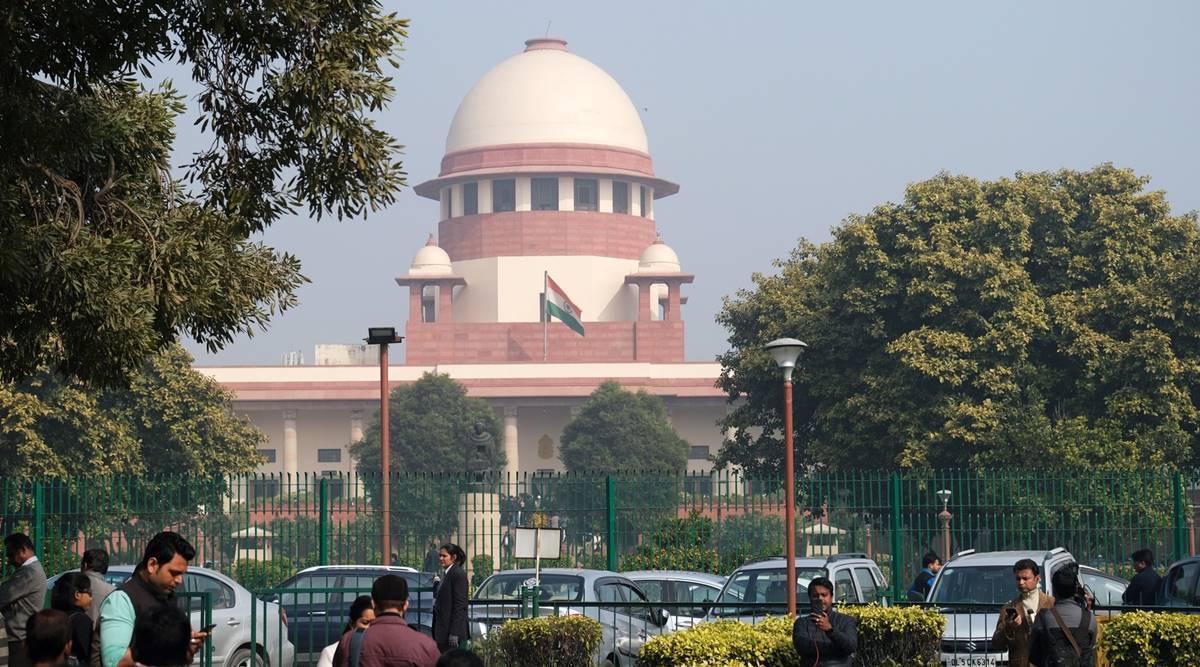On April 11, the Supreme Court will hear arguments on whether to submit petitions challenging the 2018 Electoral Bonds Scheme to a Constitution bench.
The petitions were heard on Tuesday by a two-judge bench headed over by Chief Justice of India D Y Chandrachud, who had agreed to hear them on May 2 because the court would be occupied with other Constitution bench proceedings in April.
The petitioners then sought the court to refer the issue of electoral bonds to a Constitution bench, claiming that it includes issues at the “heart of our democratic process.” Lawyer Shadan Farasat stated it would be better to refer it to a Constitution bench for a “authoritative ruling”.
Senior counsel Dushyant Dave, who also appeared for the petitioner side, supported the proposal, urging the court to move the hearing to April due to the forthcoming Karnataka Assembly elections.
The bench, including Justice P S Narasimha, questioned the Centre’s lawyer for his thoughts on the plea. According to the Centre’s counsel, the Attorney General will fight on the point of reference.
Agreeing, the court scheduled a hearing on April 11 to determine if the case merits consideration by a Constitutional Court.
When the Supreme Court heard the petitions in January of this year, it stated that they raised three distinct issues: a challenge to electoral bonds, whether political parties should be brought under the purview of the Right to Information (RTI) Act, and amendments to the Foreign Contribution (Regulation) Act (FCRA). The court stated that it will hear each of the three issues independently.
While the Centre called the scheme “a big step towards electoral reform” that “will ensure transparency” and “accountability,” petitioners argue that it has an impact on transparency in political funding because it allows political parties to avoid disclosing their annual contribution reports to the Election Commission of India (ECI) and the identities of those who have donated through electoral bonds.
In an interim decision issued in April 2019, a three-judge Supreme Court bench required political parties that received donations using electoral bonds to “immediately” disclose information of the bonds to the ECI.
Also Read |Electoral bonds worth Rs 232.10 crore were sold in December, with 83% of them being redeemed in Delhi.
The Supreme Court denied the petitioner’s request to stop the sale of new bonds in March 2021, citing the petitioner’s claim of “total anonymity” of bond purchasers. “It is not as if the operations under the programme are hidden behind iron curtains that cannot be pierced,” the court stated.
The court noted that bonds had previously been issued “without any obstacle” in 2018, 2019, and 2020, and it had already mandated “some protections” in its April 2019 interim decision.
“We do not know at this time how much the claim that under the plan, there would be complete anonymity in the financing of political parties by corporate companies, both in India and overseas, is sustainable,” the court observed.
